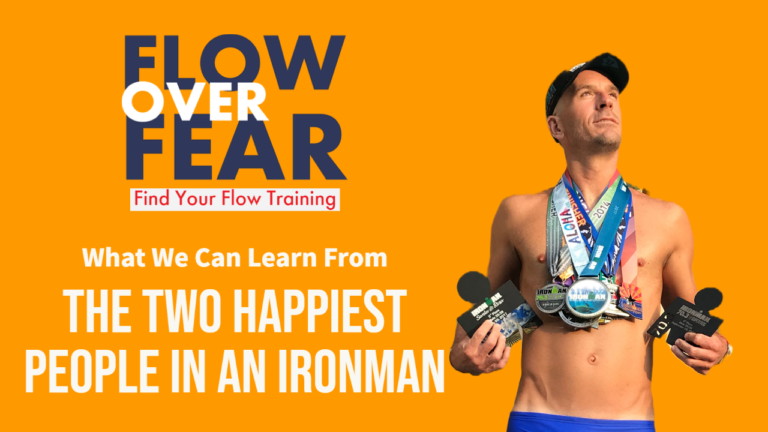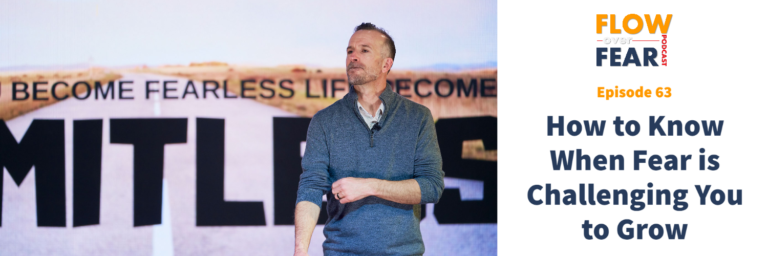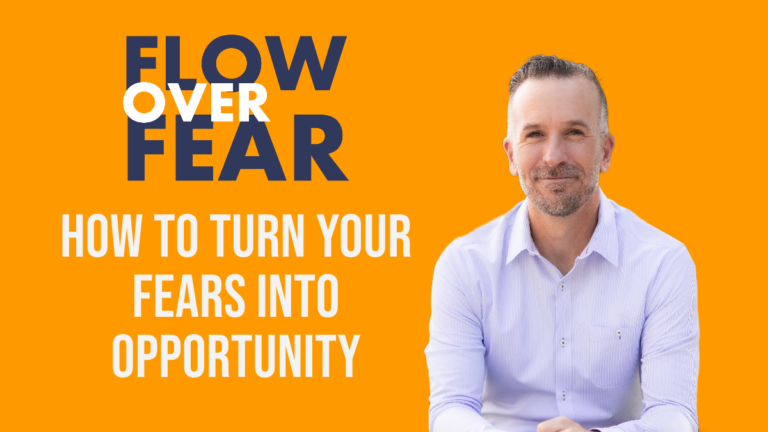How to Get Over Imposter Syndrome
Imposter Syndrome…
Aside from being one of the buzzwordiest buzzwords in Buzzwordtown (cue the Will Farrell/Mugatu “it’s so hot right now” line from Zoolander), imposter syndrome is also a very real experience for many leaders.
The truth is, imposter syndrome is just another name for a ridiculously common experience of most people doing things that are just beyond their comfort zones: fear.
Often times imposter syndrome is simply a lack of confidence due to lack of experience with a particular activity. For leaders, this is a common theme because leaders tend to be in situations that are highly variable, uncertain, or new. It’s only natural that when a person puts themselves in such an uncertain scenario that they have some fear or lack of confidence.
But it’s important to not confuse that fear, lack of confidence, or (dare I say) imposter syndrome for lack of capability.
Personally, I remember two key points in my life where imposter syndrome played a major role in my life. In both scenarios, I persisted despite the fear and ultimately achieved great success. The first experience was when I first started training for triathlon. The second was when I became President and CEO of a large private corporation.
With the triathlon example, I remember being afraid to even set foot in a bike shop because I had never ridden a road bike before. I was afraid that I would be laughed out of the store by the staff because I had the audacity to think I could participate in the sport of triathlon without having any skill whatsoever.
I felt the same way about approaching other triathletes, triathlon clubs, or coaches because they were so far beyond my abilities that I felt like I didn’t belong.
That feeling of being an imposter lasted a long time in the sport. Even when I stood on the podium of an Ironman triathlon. Even when I floated in the waters of Kailua-Kona at the start of the Ironman World Championship (have I told you about that experience?).
The same feeling of imposter syndrome existed when I became the President of a company. I had never led a company before, and therefore I felt like I didn’t know how.
Since that time, our business has had significant sales and profit growth, and has become more sustainable. Yet, the imposter syndrome continues to rear it’s ugly head.
In those experiences though, I have learned a few things about this dreaded imposter syndrome. There are really three things we can do to rise above it and remove it as an obstacle.
- Recognize imposter syndrome for what it actually is – FEAR. Fear of not being enough, fear of failure, fear of the unknown, and fear of anything and everything. Once we recognize that imposter syndrome is simply “FEAR” we can start to get to the root of our limiting beliefs. What are the beliefs that are driving us to having that fear? We get down to the specifics so that we can change the language, and find the points of reference for success that allow us to squash that fear and build up our confidence.
- Recognize that all great leaders and high achievers experience imposter syndrome. Whether they call it imposter syndrome or not, everyone experiences it. Even the President of the United States feels like an imposter when they first start that job because they don’t have the experience of leading the free world. The decisions that we make in new areas of leadership or achievement are made based on our experiences elsewhere, our gut, our well trained values. As long as we can fine tune our value systems and tap into our experience, we can make better decisions to navigate the uncertainty. It’s okay to be uncertain. It’s okay to not know. It’s okay to have faith.
- Change your perspective on imposter syndrome. Is it truly telling you that you’re not enough, or is it challenging you to move into the zone of discomfort where growth occurs. Growth only happens with struggle, resistance, and challenge. In order to experience growth, we’re going to have to feel fear or (dare I say again) imposter syndrome.
So, instead of dreading this feeling of imposter syndrome, why not embrace it? Hell, why not celebrate it because it is signaling a new phase of growth? It is signaling that we are being challenged to take the lead.
Let it humble you, let it empower you, then let it drive you.
Embrace your inner imposter.







